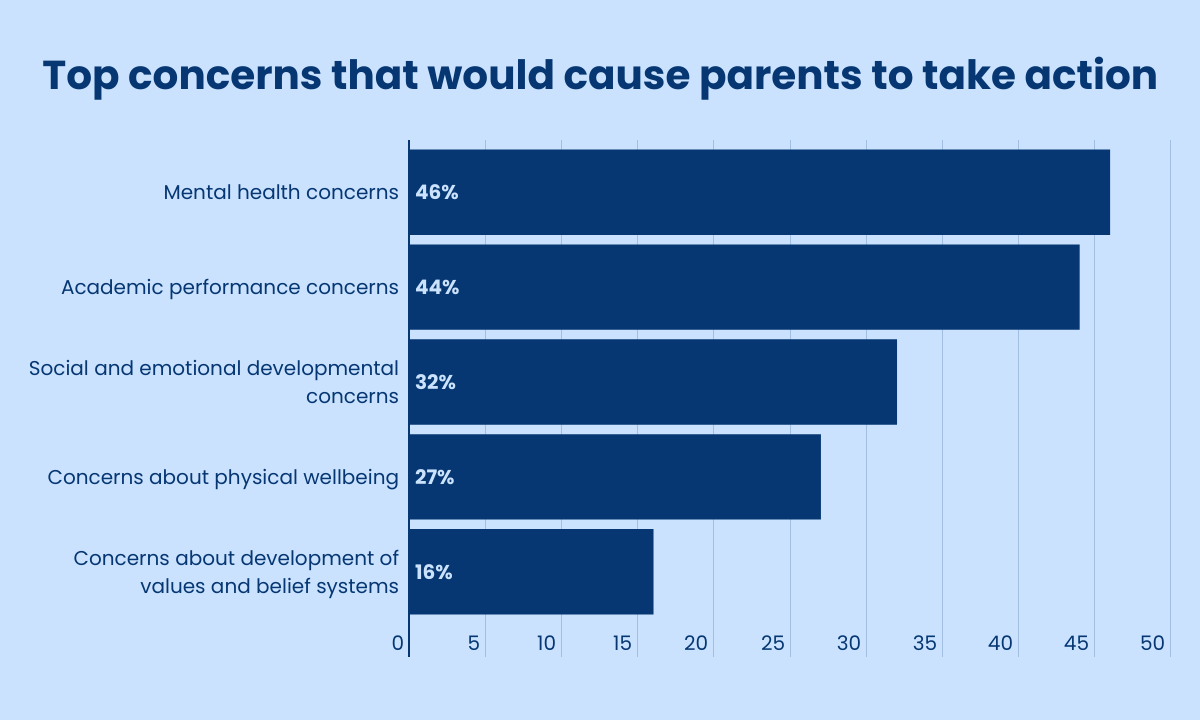Streamlining Medical Record Summaries with AI
When it comes to the “iron triangle” points of time, cost, and quality, we’re often asked to choose which one should be sacrificed. AI’s ability to streamline medical record summarization, however, is a shift that can benefit you in all three areas. AI integration provides the opportunity to boost speed, lower costs, and improve access to strategic insights. While any change in workflow requires an initial investment of time and energy, the ongoing benefits of AI-powered medical summaries can enhance case preparation, efficiency, and client service.
Challenges of Medical Record Summaries
Individual medical record fragments can be filled with jargon, incomplete details, and difficult-to-connect elements that impact narrative sequences, cause and effect factors, and other data that can steer legal arguments. Legal teams need succinct and incisive medical record summaries that provide clarity and cohesion to prepare for cases. Records retrieval can produce a wide range of file types and a large volume of results.
Diverse Sources of Medical Records
When it comes to medical records, keep in mind the plurality of “records.” There is no single location that contains all records in a unified state for the vast majority of individuals. Instead, you may find records in various levels of detail from sources, including:
- Hospitals
- Hiring a professional
- Clinics
- Specialist offices
- Utilizing AI tools
Each source for medical records can vary in how information is captured and documented, and it can be challenging to fit very diverse puzzle pieces into a comprehensive narrative. Assigning a professional with the right skills to review all files and summarize their findings poses challenges.
The Role of AI in Medical Record Summaries
AI offers a different path to arriving at medical records summaries, with more consistent results in less time. There are two primary approaches:
- Abstractive summarization
- Extractive summarization
Each approach has benefits and applications, but extractive summarization is more common and more easily compliant. With AI tools, both the work assignment and the work itself can be boosted in speed. Paired with human oversight, AI automation can be used to:
- Identify key data points

- Improve accuracy and consistency
- Reduce human errors and omissions
- Improve accuracy and consistency
Medical records from different sources, states, types of institutions, and time periods can be difficult to align. The use of AI can help cut through the clutter to quickly identify key data points and integrate the information seamlessly.
Benefits of Implementing AI in Medical Record Summarization
Implementing AI-powered medical record summarization is a win-win opportunity for legal teams. Significant changes to a firm’s workflow and file management can be challenging. Law firms and insurance companies can adopt AI solutions more easily with:
- Improved accuracy and consistency
- Speedy results

- Reduced costs
Choosing the Right AI Partner
The use of AI in the legal industry is fast-changing. Look for these key features in a partner that provides AI-driven medical record tools:
- Accuracy and consistency
- User-friendly platform

- Customization options
When it comes to the finished work product, ensure these elements are included:
- Comprehensive narrative
- Clear summaries




















